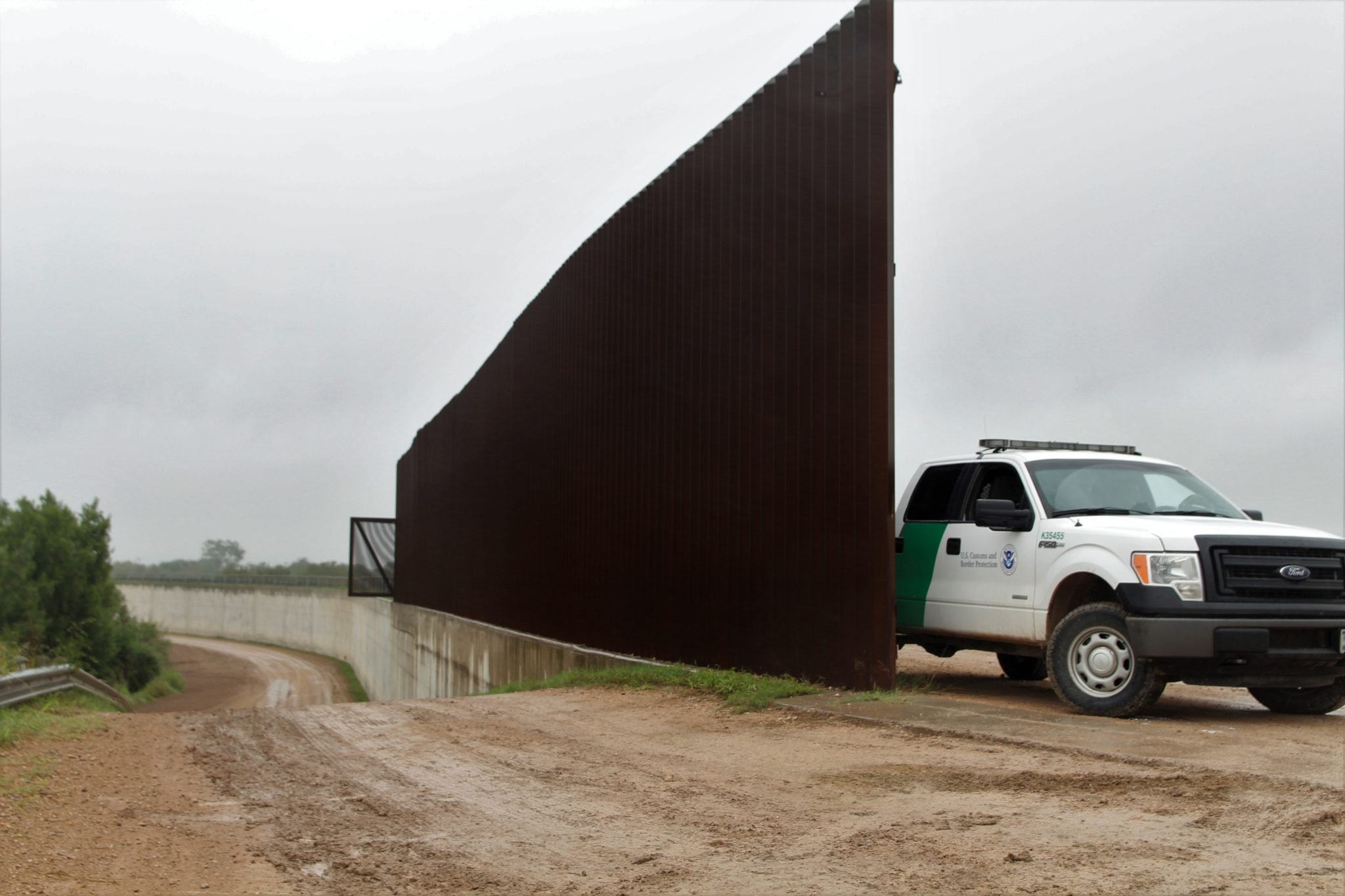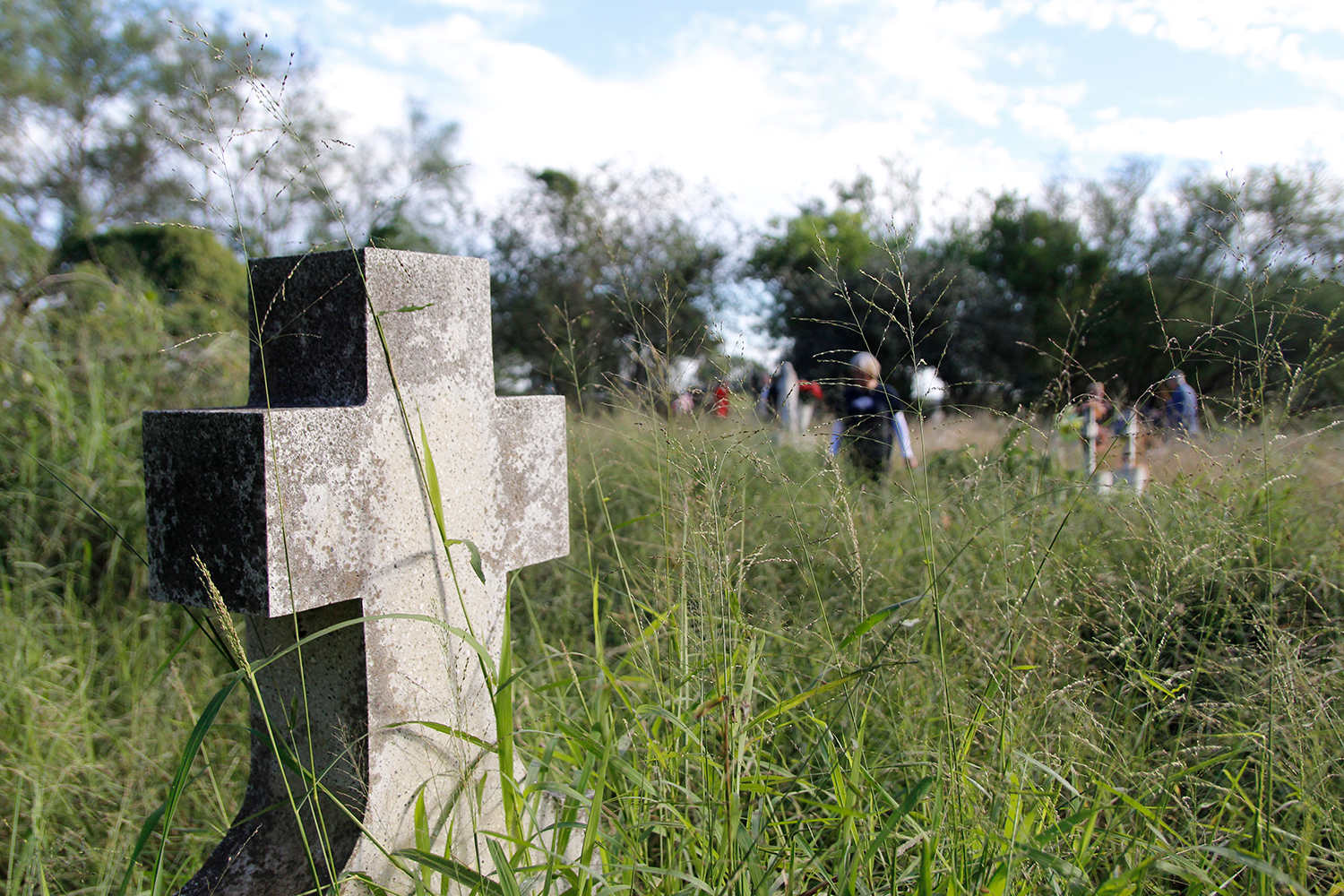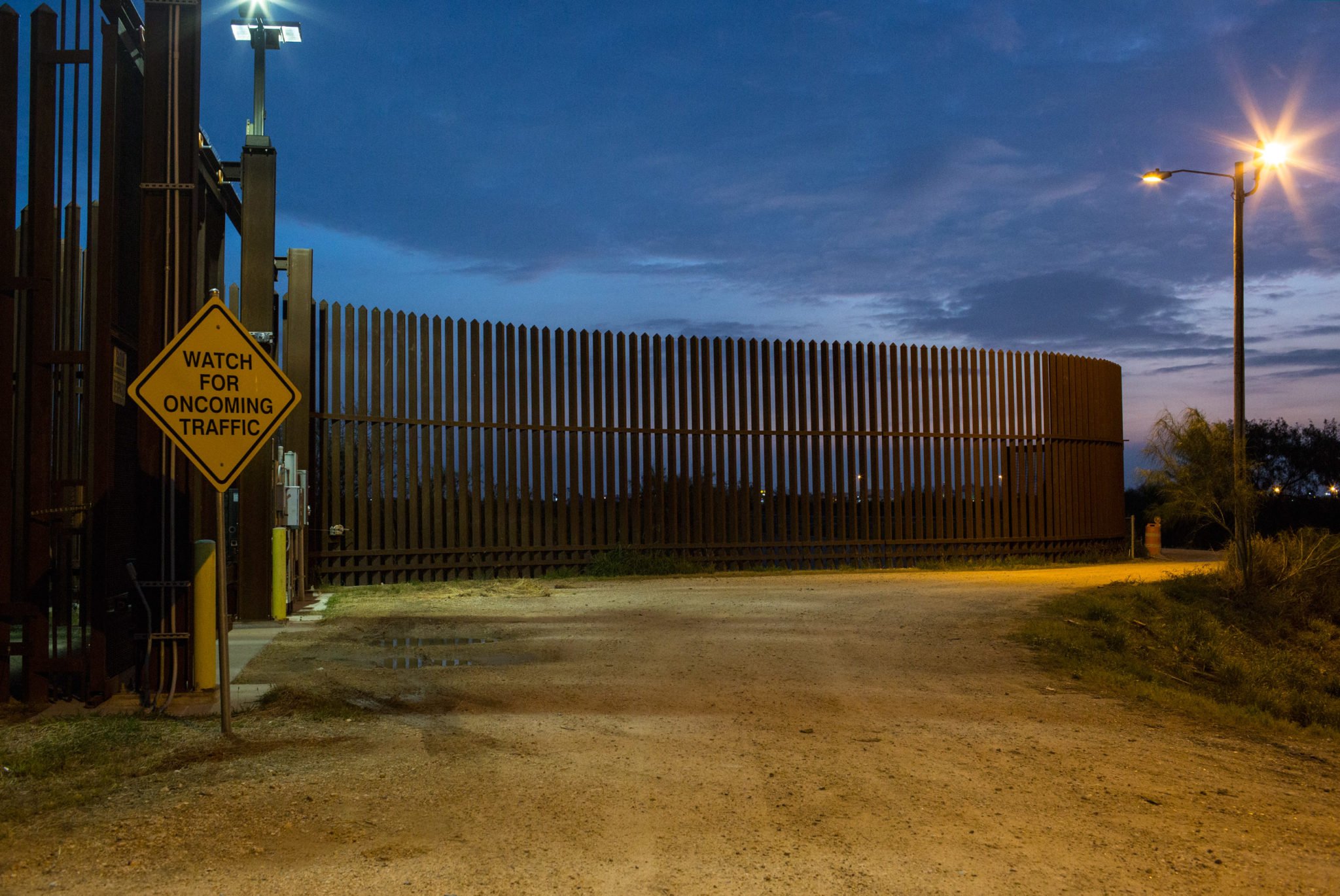
Democrats Finally Play Hardball on the Border Wall
Emboldened congressional Democrats are going on offense against the wall. And that could be good news for the Rio Grande Valley.

For two and a half years, Congress and President Trump have battled over funding for his beloved border wall. Trump’s never gotten the kind of dough he’s after, but Congress has never truly bucked the president either. Every budget cycle, the president has been granted new money for his barrier, with much of it headed for Texas. Most Democrats were satisfied: As recently as November, Senate Minority Leader Chuck Schumer viewed $1.6 billion in fencing as a good starting point for negotiations. But with a new spending bill for the Department of Homeland Security in the U.S. House, Democrats in D.C. seem to have finally tired of messing around.
The new proposal, which passed out of the House Appropriations Committee on Tuesday, is a multifaceted attack on Trump’s border wall. Rather than the $8.6 billion in new wall funding that the president requested, the measure would provide $0. Going further, the bill would prohibit Trump from building his wall with money not explicitly authorized by Congress, a provision that would stymie his ongoing effort to unilaterally reroute nearly $7 billion from other agencies. In a pointed coup de grâce, the measure would also yank back $601 million that Congress provided in February — the same amount of money Trump is attempting to redirect from a Treasury Department account without congressional approval.

In remarks given Tuesday, Appropriations Chair Lucille Roybal-Allard, a California Democrat, painted the bill as a defense of the legislative branch. “This is the very least we appropriators should do to defend Congress’ constitutional power of the purse,” she said.
In an interview with the Observer, Congressman Henry Cuellar, a Laredo Democrat who serves on the appropriations committee, summed up the strategy behind the bill: “Our position is we pretty much wanna stop everything in its tracks.”
In what would be a win for Texas’ Rio Grande Valley, Cuellar successfully included language in the new bill that would exempt “historic cemeteries,” including the Eli Jackson Cemetery, from wall construction. The bill would also require Customs and Border Protection (CBP) to brief Congress about efforts to mitigate flooding impacts from the wall in vulnerable places such as Starr County.
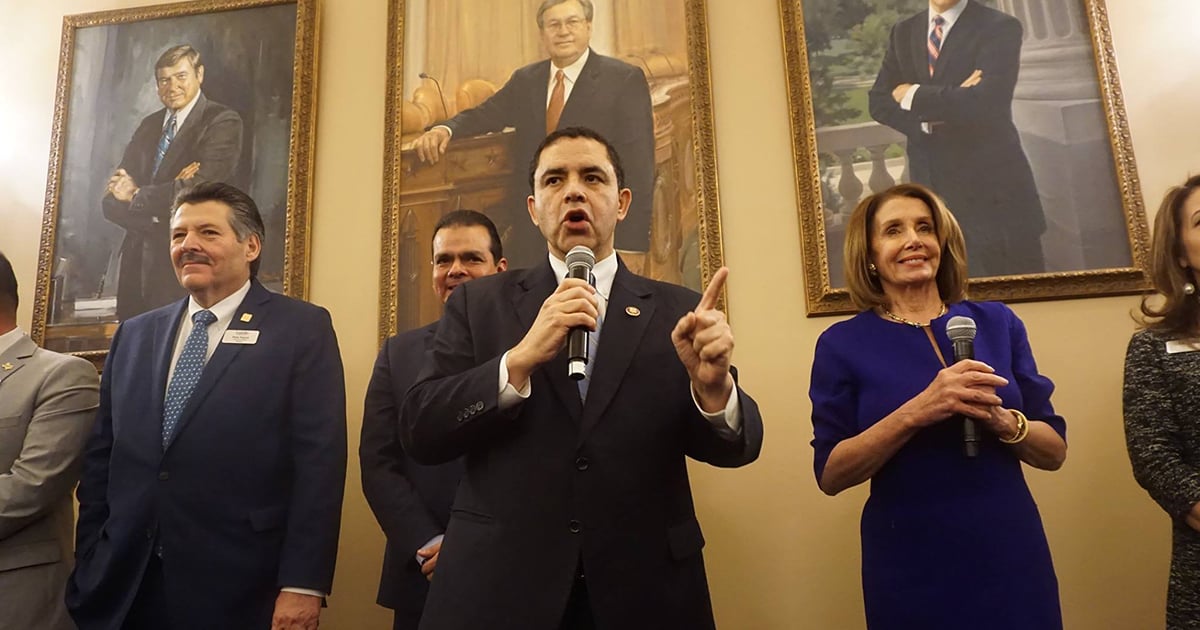
Currently, CBP has about $2 billion in congressional funding for new wall construction in the Valley, and the agency has said in court that it also plans to use the $601 million from the Treasury Department in the region. That should be enough to wall off the entire area, home to 1.3 million people. But the agency has moved at a snail’s pace: Construction was set to begin in February in Hidalgo County, but CBP has merely cleared brush from some federal land. The agency hasn’t erected a single mile of new fencing in Texas under Trump. In some cases, the agency contacted landowners more than a year ago about seizing their property, but still hasn’t finished the process.
The bill, which now moves on to the full House, would hamper CBP even more in the region. If Congress claws back the $601 million from CBP, that money would come out of the agency’s funding for the Valley. The new protection for historic cemeteries would also be the sixth exemption for a sensitive location in the area — a trend that makes it more difficult for CBP to plan construction.
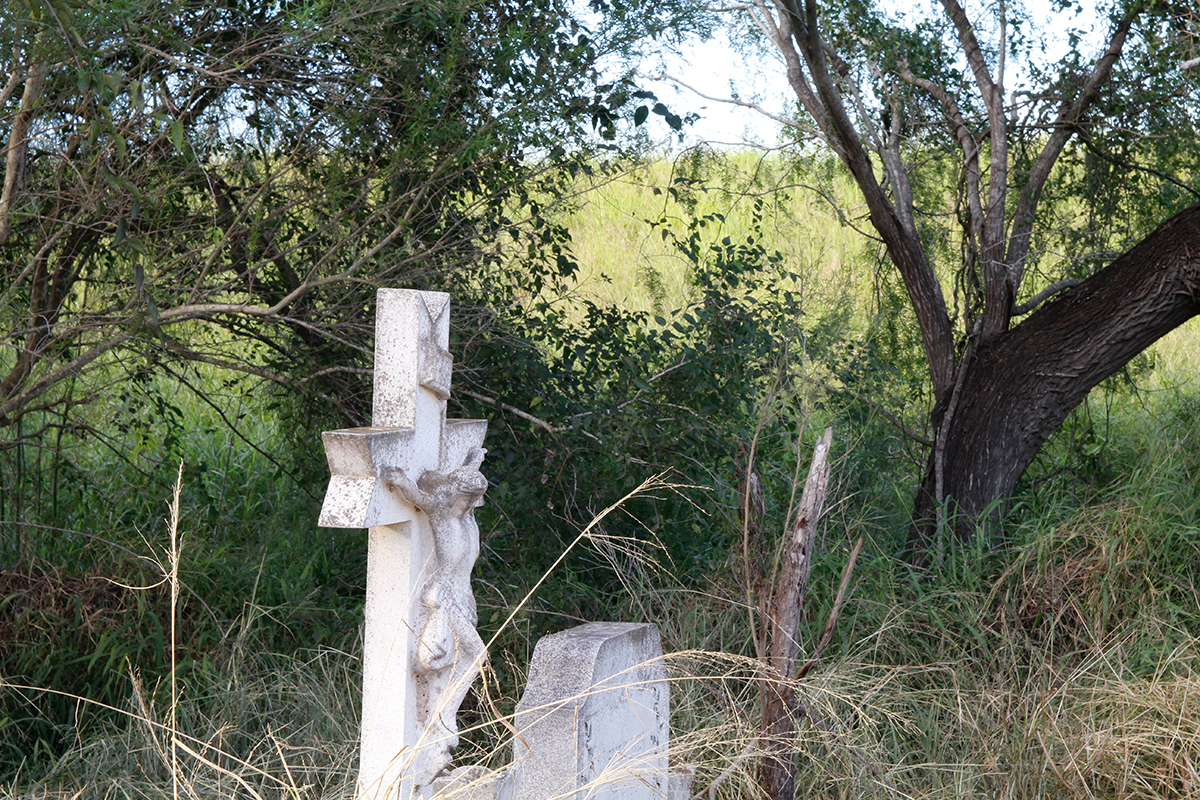
It’s also possible the courts will further deplete CBP’s currently available funds for walling off the Valley. As part of the lawsuit over Trump’s national emergency declaration, a federal judge could block the money being redirected from the Treasury Department, according to ACLU attorney David Donatti. CBP does not have congressional funding to build new border wall in Texas anywhere outside the Valley, and the agency has not announced any plans to use Department of Defense money related to Trump’s emergency declaration in Texas. CBP did not respond to a request for comment for this story.
The new funding bill is really just an opening salvo — a marker bill to show what Democrats believe. Republicans, of course, still control the Senate and the White House. Still, it’s a bolder bid than Democrats made in the past, so they now have a stronger position from which to bargain down.

House Republicans have threatened that the bill’s border wall provisions could lead to another government shutdown, according to Cuellar. The Laredo congressman, generally a fan of compromise, admitted sacrifices will likely be made. “This will be a give and take,” he said.
Beyond the wall, the bill includes other progressive provisions, including phasing out the practice of family detention by the end of 2019. It would also deny all funding for a number of Trump’s most controversial initiatives, such as the travel ban and the so-called Migrant Protection Protocols.

